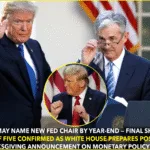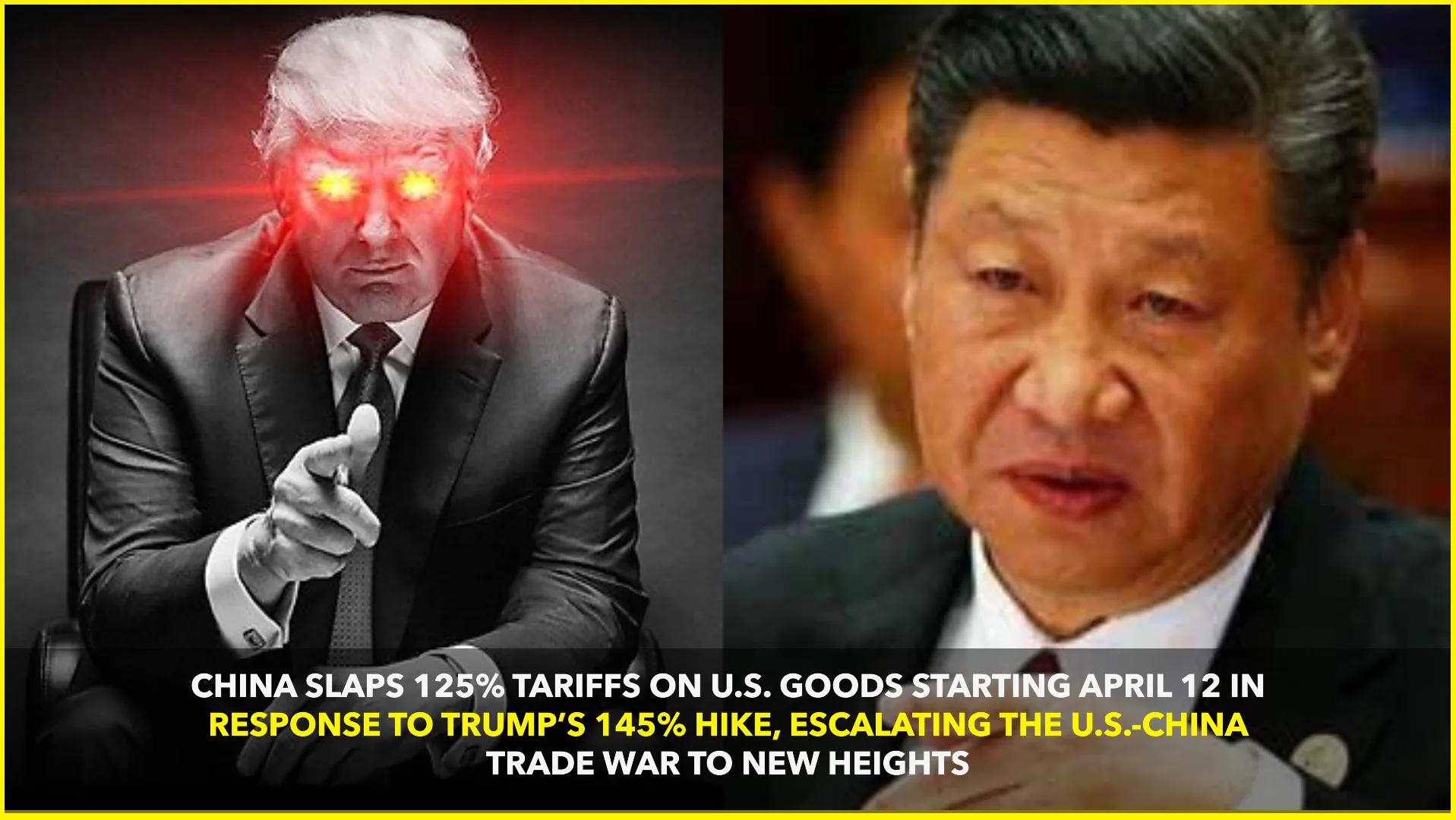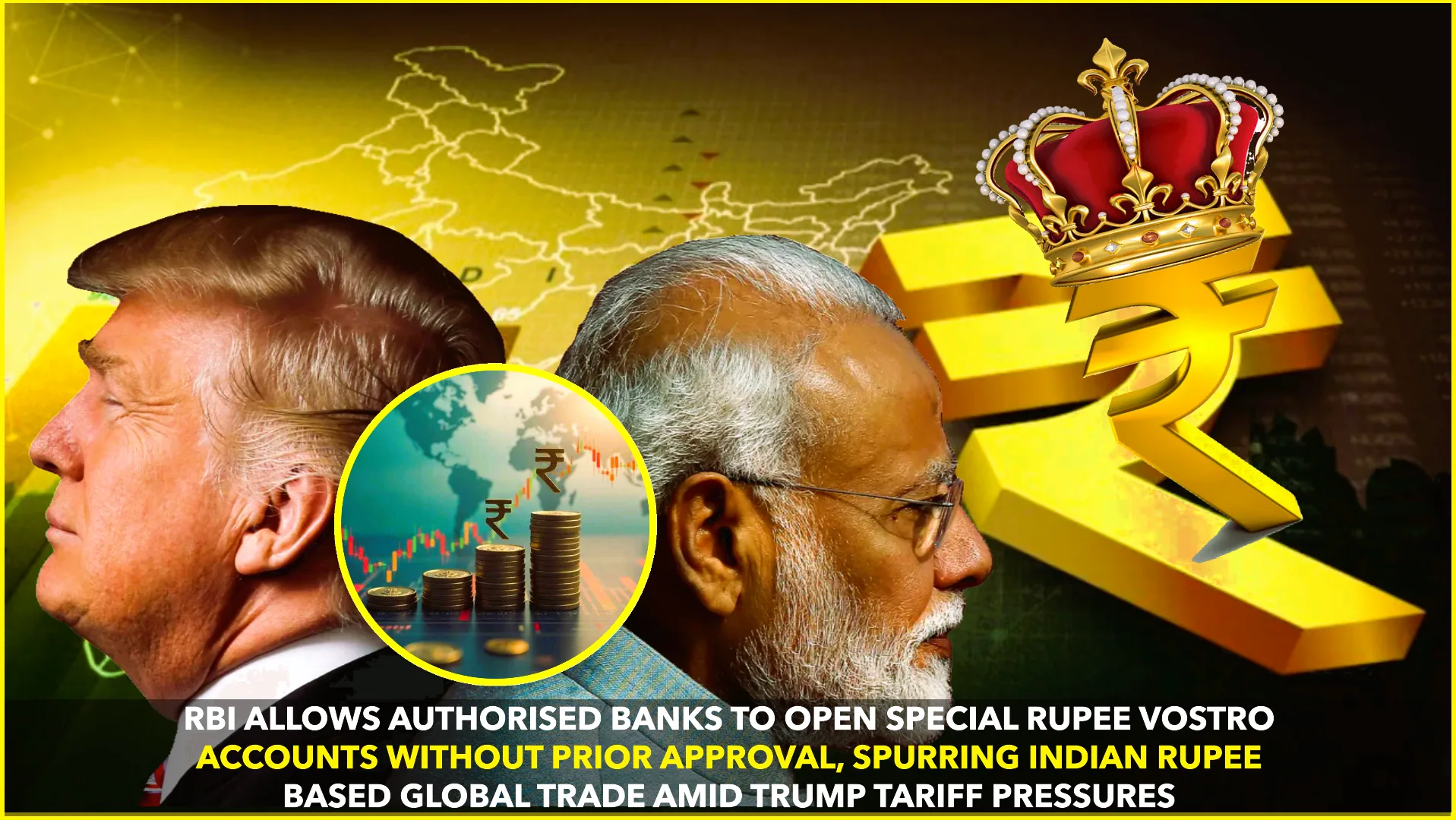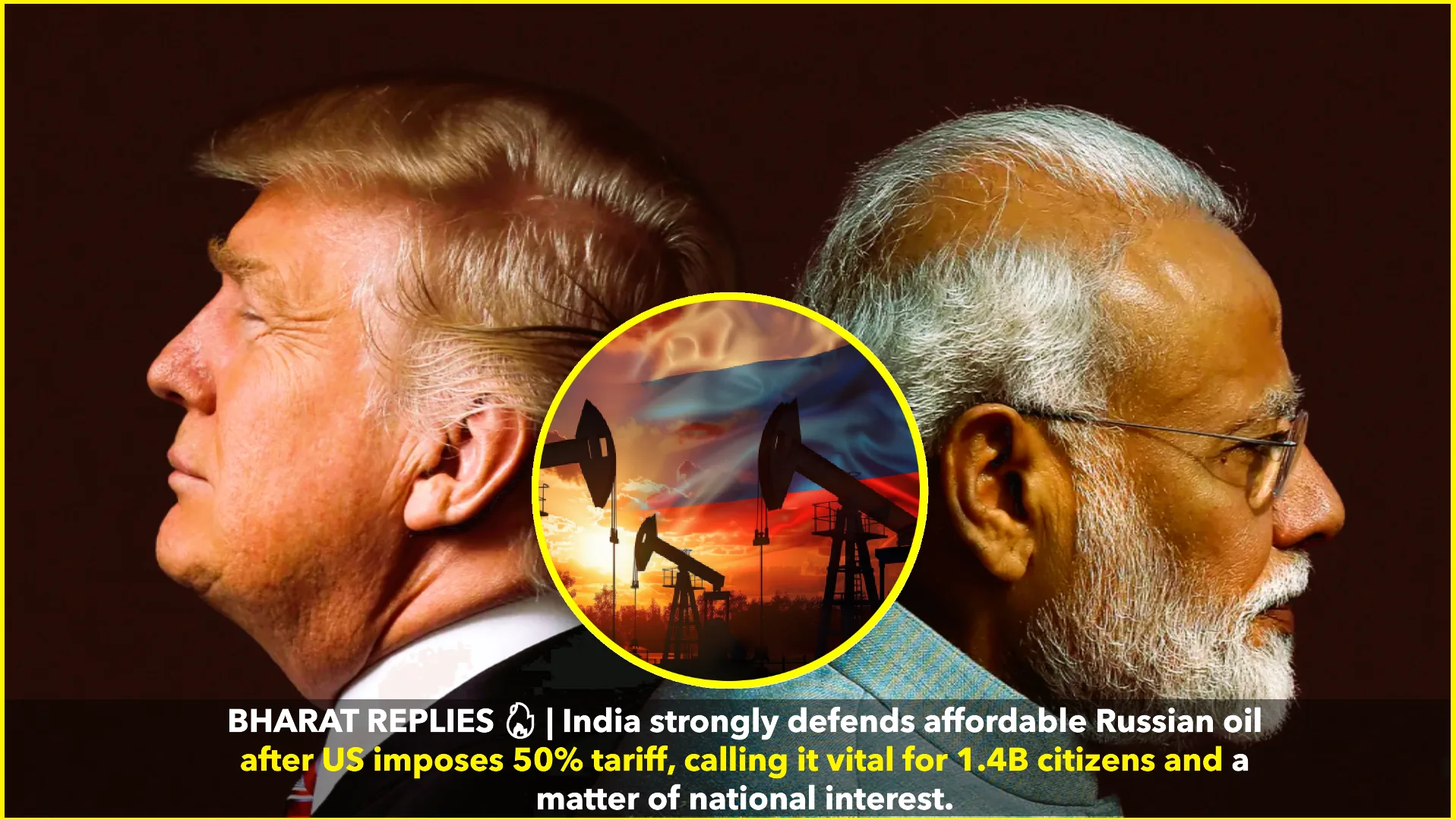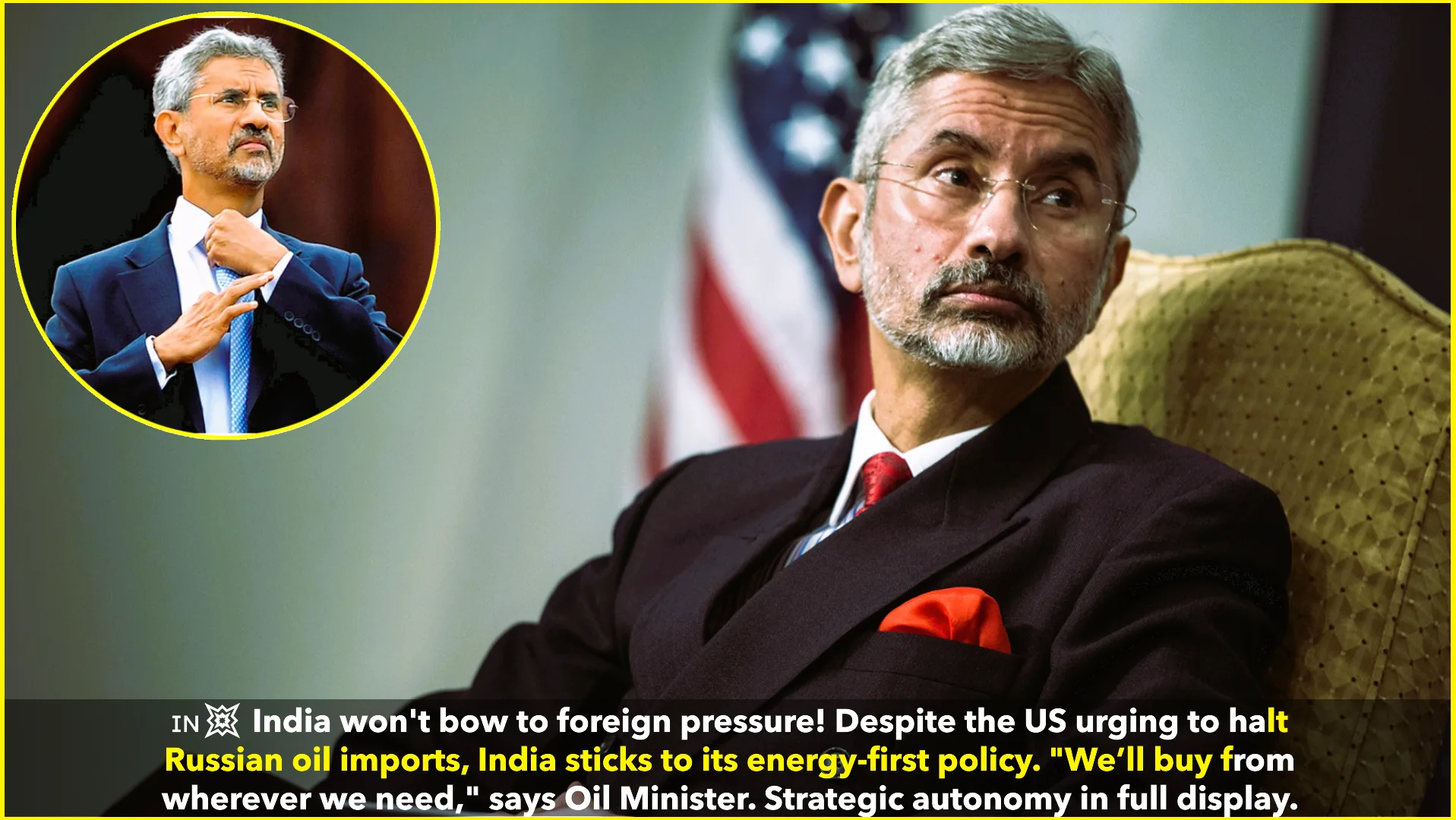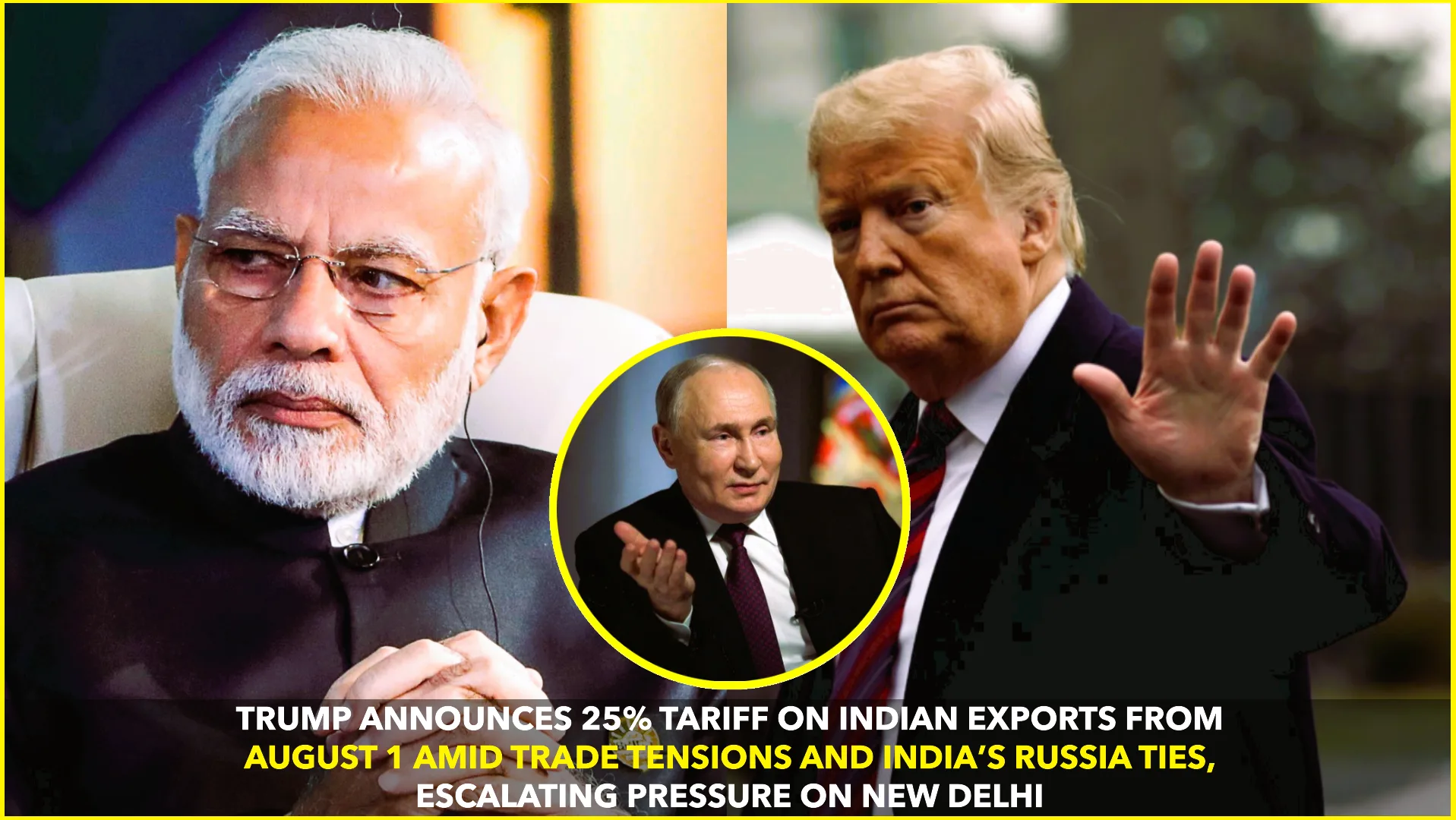April 11, 2025 — In a significant escalation of trade tensions between the world’s two largest economies, China announced a sharp increase in tariffs on U.S. goods, raising them from 84% to 125%. The move, which will take effect starting April 12, comes as a direct response to the latest round of tariff hikes imposed by the United States under President Donald Trump.
The U.S. had earlier increased tariffs on a broad range of Chinese imports, setting them at a staggering 145%. In addition to these tariffs, an extra 20% penalty was introduced, reportedly linked to China’s alleged role in the production and distribution of fentanyl, a powerful synthetic opioid that has contributed to a public health crisis in the United States.
China’s Ministry of Commerce released a statement condemning the U.S. tariffs, calling them an act of “economic bullying” and vowing to take firm countermeasures. “The Chinese government strongly opposes the unjustified tariff increases imposed by the United States and will not sit idly by while its interests are harmed,” the statement read. “In order to protect the legitimate rights of Chinese enterprises and defend the principles of fair trade, China will raise tariffs on a wide range of American goods to 125%, effective immediately.”
A Widening Rift
The tit-for-tat tariff war between the two countries has been escalating steadily since early 2025, following the re-election of former President Donald Trump. Upon returning to office, Trump reinstated a tough trade stance against China, accusing Beijing of unfair trade practices, currency manipulation, and failing to take adequate steps to curb the fentanyl crisis.
In March 2025, the Trump administration reintroduced steep tariffs on Chinese electronics, machinery, and consumer goods. The additional 20% penalty tied to fentanyl production marked a new level of scrutiny, linking national health concerns directly to international trade policy.
China, which has previously denied official involvement in fentanyl trafficking, called the accusations unfounded and politically motivated. “The United States is attempting to use domestic issues as an excuse to suppress China’s development,” the Ministry of Foreign Affairs said in a separate statement.
Economic Implications
The intensifying trade war is likely to send ripples across global markets, with analysts warning of disrupted supply chains, increased prices for consumers, and dampened investor confidence.
American exporters, particularly those in the agricultural and automotive sectors, are expected to be hit hard by China’s retaliatory tariffs. Soybean, pork, and dairy producers in the Midwest have already expressed concern about losing access to one of their largest international markets.
On the other hand, U.S. tech companies relying on Chinese components may also feel the pinch as the cost of imported materials continues to rise. Wall Street reacted cautiously to the news, with major indexes experiencing volatility amid fears of further deterioration in U.S.-China relations.
Political Ramifications
The ongoing tariff dispute has sparked intense debate in both countries. In the U.S., some political leaders have backed President Trump’s tough stance, arguing that stronger trade measures are necessary to address long-standing imbalances and national security concerns. Others, however, fear the fallout will ultimately harm American consumers and businesses.
In China, state media have framed the dispute as a test of national resilience, urging citizens to support the government’s countermeasures against what they describe as “hegemonic pressure” from the West.
What Comes Next?
While both nations have left the door open for negotiation, there are currently no scheduled trade talks. The latest moves suggest that a resolution may not be imminent.
Experts warn that if the situation continues to spiral, it could impact not only bilateral trade but also global economic growth. The World Trade Organization (WTO) has expressed concern over the aggressive escalation, encouraging both parties to seek dialogue and avoid further disruption to the international trading system.
As tensions mount, the world watches closely to see how the standoff between Washington and Beijing unfolds — and what it means for the global economy in the months ahead.




